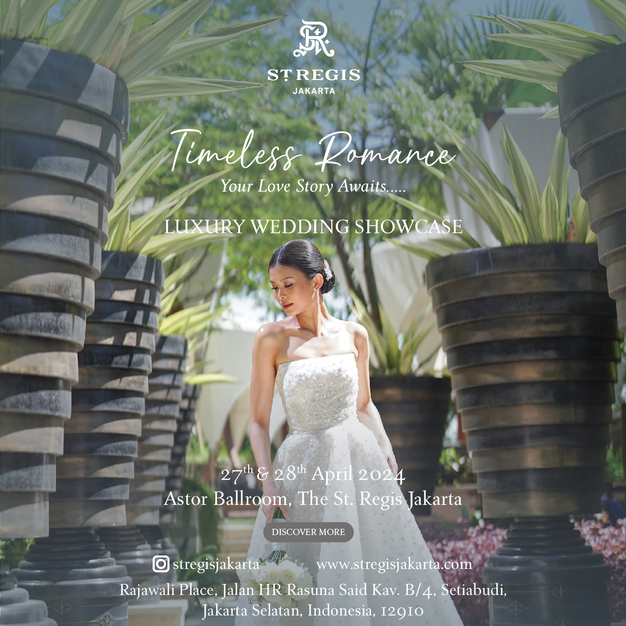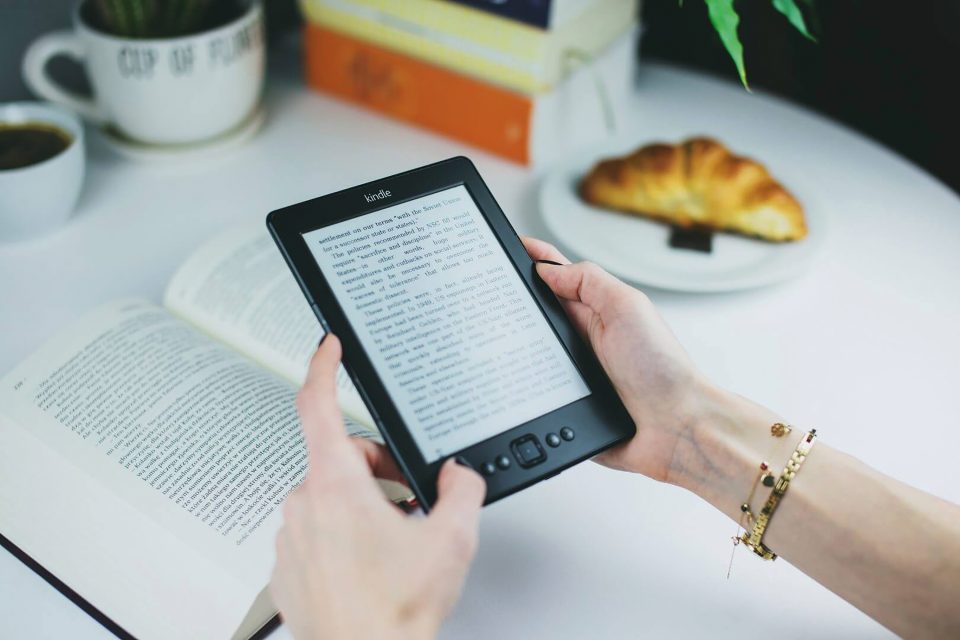In our utopian/dystopian (delete to taste), ever more digitally wired future, absolutely everything will be hooked up to the so-called internet of things, including our toilets presumably.
They’ll order new paper automatically and analyse our droppings for fibre content and illicit substances, before uploading the relevant data to a government server. Even worse/better, the wetware of human brains may ultimately merge with computer hardware and we will all end up having microprocessors hammered into our scalps with croquet mallets.
On the other hand, it could be argued that we have already merged with our technology. More specifically, who needs a chip shoved up their nose with a cotton bud and a masonry hammer when they already have a mobile phone perpetually glued to their palm? And while we’re on the subject, here’s a top tip for all of you cutting edge cyber citizens out there: you can extend the battery life of your phone by putting the bloody thing down occasionally.
Indonesians are certainly in the vanguard of the global tech savvy and have taken to the mobile epoch, in all of its IQ-attenuating glory, like ducks to water. Everything from Facebook, to online shopping, to spreading fake news via WhatsApp, to making intellectually stimulating YouTube videos about eating bowls of noodles, are now stock standard to many of the country’s citizens.
However, there’s one area of the tech world which has seen Indonesia falling somewhat behind the zeitgeist. Specifically, pull out an Amazon Kindle or similar e-reader and you will receive bemused looks. Indeed, the black-and-white e-ink screens and pictureless electronic texts of the e-reader are likely to elicit a mixture of fear and ennui before attention once more returns to the aggressive digit mashing of those colourful capacitive touchscreens.
Alas, underlying this lack of local interest in the e-reader revolution is a low level of literacy or, at least, widespread so-called “functional illiteracy”, meaning that people have technically been taught to read, it’s just that they don’t bother. Indeed, a recent UNESCO study revealed that only one in 10,000 Indonesian children enjoy reading in their free time. Meanwhile, a 2016 study ranked Indonesia second least literate among 61 of the world’s literate nations, just ahead of Botswana.
However, knowledge in our world is increasingly becoming a product as well as a tool, and thus, economic security is becoming ever more closely linked to literacy. In this knowledge-based economy, societies which place little importance on literacy tend to veer towards the squalid, undernourished and brutal, repressive of both human rights and human dignity. But therein lies the rub, perhaps – in an oligarchy characterised by a gossamer thin veneer of democracy, literacy and its related human trait of free thought are perhaps supposed to be kept in check, buried and emasculated under a digital entertainment overlay of bread, circuses, instant noodles, and emojis.
But this is all getting a trifle weighty, eh? Back to e-readers. I personally swear by my Kindle Touch (and occasionally at it when the battery runs out) and would urge anyone to have a go. Not everyone is convinced, admittedly. A friend recently opined as we supped on steins of amber suds, “I’m not sure I believe in these e-readers, Simon,” to which I replied, “I can assure you that they really do exist.”
In fact, modern e-readers are a positive boon, allowing one to crush hundreds of books into a device the size of a regular paperback while avoiding the eyestrain of more conventional backlit computer and smartphone screens, and I say this as someone who has burnt out a significant portion of his occipital lobes through excessive computer usage. E-ink also has the added benefit of consuming less than 1/30 of the power of more conventional LCD screens, meaning that readers can enjoy long periods grappling with Anna Karenina or Dun Shootin’: The Military Memoirs of Prabowo Subianto between charges.
Moving on to popular brands, the most commonly used e-reader is, of course, the Amazon Kindle. Amazon’s Jeff Bezos may, like Zuckerberg, Gates, Jobs et al ultimately be a modern monopolistic plutocrat dressed in the gluten-free clothing of a Californian tech guru, however the Kindle is certainly a great product. Buy one and help the poor Mr. Jeff grapple with the most expensive divorce in human history.
Nook and Kobo also make decent Kindle clones and are worth looking out for. Also highly recommended is Calibre, a free piece of software for your computer that will help you to manage your e-book library as well as convert books between the common Mobi, Epub, and PDF formats.
It’s also possible to turn your mobile phone into an e-reader of course, and with modern smartphone screens now pushing five-inches plus, this can be a workable solution. Popular reader apps include Cool Reader, Moon+ Reader, Nook, Bluefire Reader, and Montano Reader Lite. Obviously, if you are reading books on your mobile phone then you won’t be able to enjoy the eyestrain reducing benefits of an e-ink screen, however, I find that the app that I use (Moon+ Reader) offers a lot of control over display settings. I’ve thus come to the conclusion that reading on a mobile-phone screen is far easier on the eye if you set Moon+ Reader to display an off-white text against a black background and also reduce the overall screen brightness. And finally, if you’re after some free e-books, then there are a few websites to try, including Open Library, Google Bookstore, Amazon Free Kindle Books, Project Gutenberg, Many Books, and BookBoon.
So, get downloading and join an illustrious band of autodidacts (well, Hitler and Stalin for two…hmmm). Happy reading.




